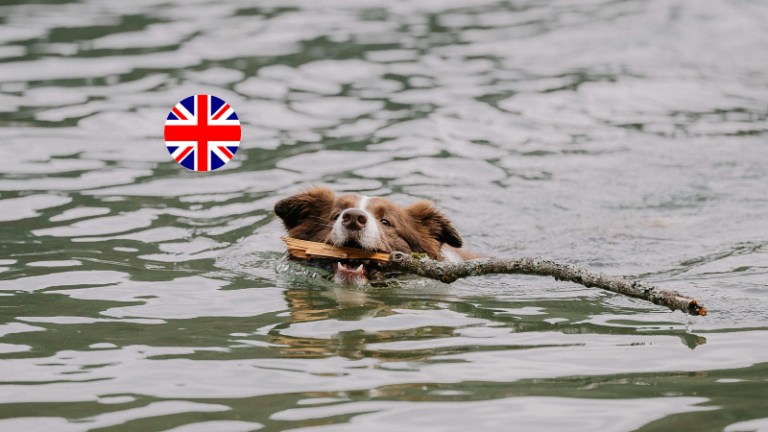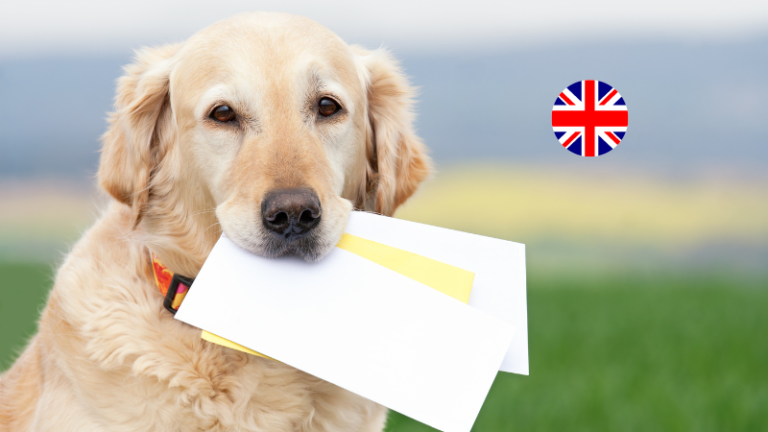Germany is a dog-friendly country, making it an excellent destination for travelers who want to bring their furry companions along. However, there are specific rules, tips, and cultural norms to keep in mind to ensure a smooth and enjoyable trip. Here's what you need to know about traveling with a dog in Germany.
Dog-Friendly Accommodations
Germany offers a wide range of pet-friendly accommodations, from hotels and vacation rentals to campgrounds. Many hotels and guesthouses allow dogs, but it's important to check the specific pet policy before booking. Some may charge an additional fee or have restrictions on the size or number of dogs.
Tip: Look for accommodations labeled „hundefreundlich“ (dog-friendly) or „Haustiere erlaubt“ (pets allowed) when booking.

Public Transportation with Dogs
Dogs are generally allowed on public transportation in Germany, including trains, buses, and streetcars. However, there are a few things to keep in mind:
- Small dogs: Dogs that can fit into a carrier travel for free.
- Large dogs: Larger dogs usually require a ticket, often at half the price of a regular fare. Muzzles and leashes are mandatory on most public transport.
Tip: Always have a muzzle handy, as it's a common requirement for larger dogs.
Leash Laws and Dog Behavior
Germany has strict leash laws, especially in urban areas, parks, and public places. In some regions, dogs must be kept on a leash at all times, while others allow off-leash areas, especially in designated dog parks.
It's also important to note that well-behaved dogs are highly valued in Germany. Aggressive or poorly trained dogs may be subject to fines or other penalties.
Tip: Be sure your dog is well-behaved and accustomed to being on a leash before traveling.

Dog-Friendly Attractions
Many outdoor attractions in Germany, such as hiking trails, beaches, and castles, welcome dogs. However, access may be limited in certain areas, such as national parks or nature reserves. Always check local regulations and signs before entering with your dog.
Tip: Some cultural and historical sites may offer kennel services, allowing you to visit without leaving your dog unattended.
Restaurants and Cafes
Germany's dog-friendly culture extends to many restaurants and cafes, particularly those with outdoor seating. It's common to see dogs sitting quietly under tables while their owners enjoy a meal. However, it's polite to ask the staff before bringing your dog inside.
Tip: Carry a water bowl and some treats to keep your dog comfortable during meals.
Veterinary Care and Pet Insurance
In case of an emergency, Germany has a high standard of veterinary care. Many veterinarians speak English, especially in larger cities. If you're planning an extended stay, consider getting pet insurance that covers international travel.
Tip: Keep a list of nearby veterinary clinics along your travel route.
This could also be interesting for you: What You Should Know About Veterinary Care for Dogs and Cats in Germany.
Breed-Specific Regulations
Germany has specific regulations for certain dog breeds considered „dangerous“ (Kampfhunde), such as Pit Bulls, Staffordshire Terriers, and others. Ownership of these breeds may be restricted or require special permits in some federal states.
Tip: Research local laws if you own a breed that may be subject to restrictions.
Travel Documentation
Before entering Germany, your dog must have an up-to-date pet passport, which includes proof of rabies vaccination. The vaccination should be administered at least 21 days before travel. Additionally, your dog should be microchipped with an ISO-compliant chip.
Tip: Keep all travel documentation easily accessible during your journey.
Respecting Local Culture
Germans take dog ownership seriously, and there's a strong emphasis on responsibility. Always clean up after your dog, respect leash laws, and be mindful of others, especially in crowded places.
Tip: Carry waste bags with you at all times and dispose of them properly.







